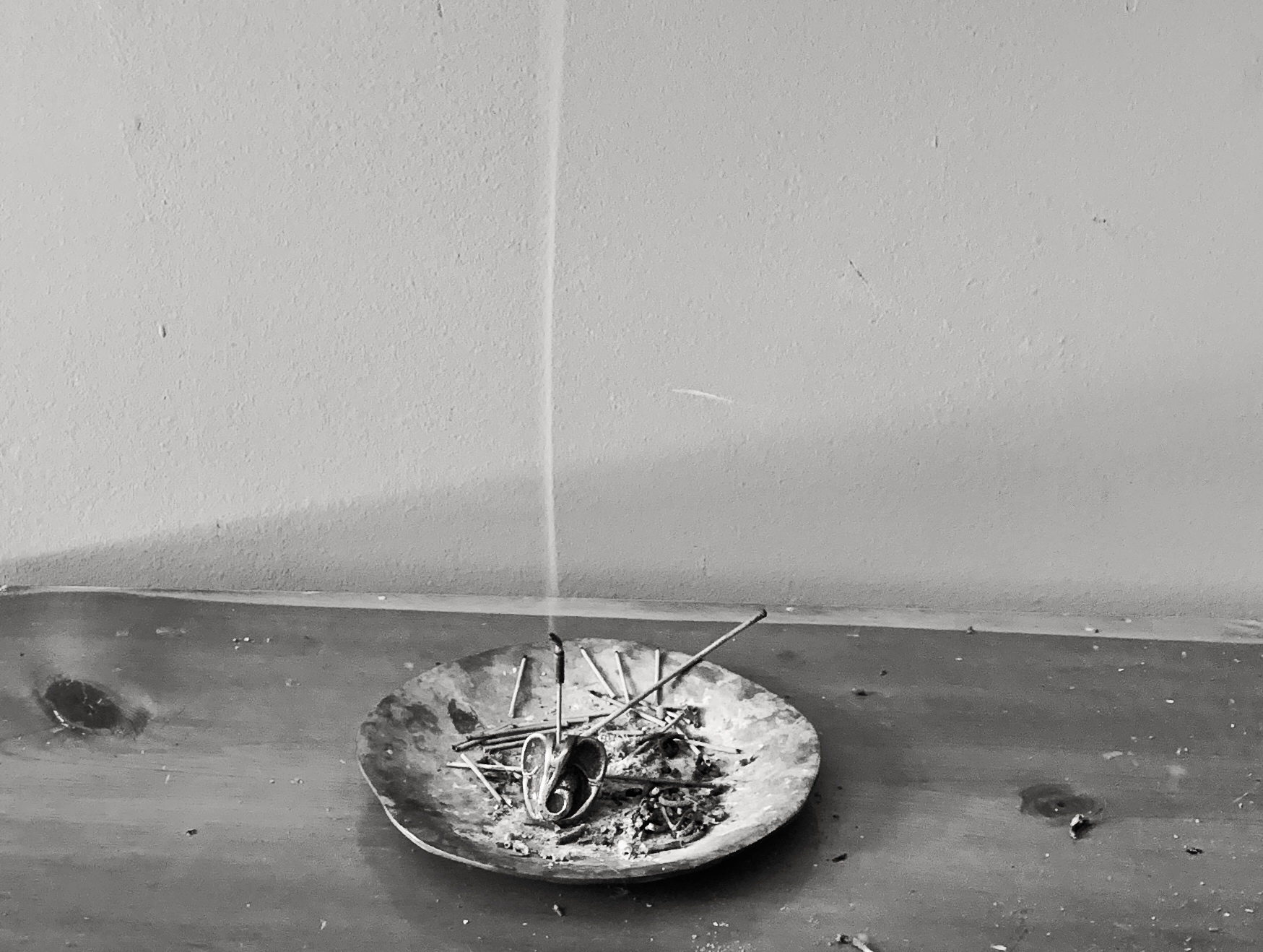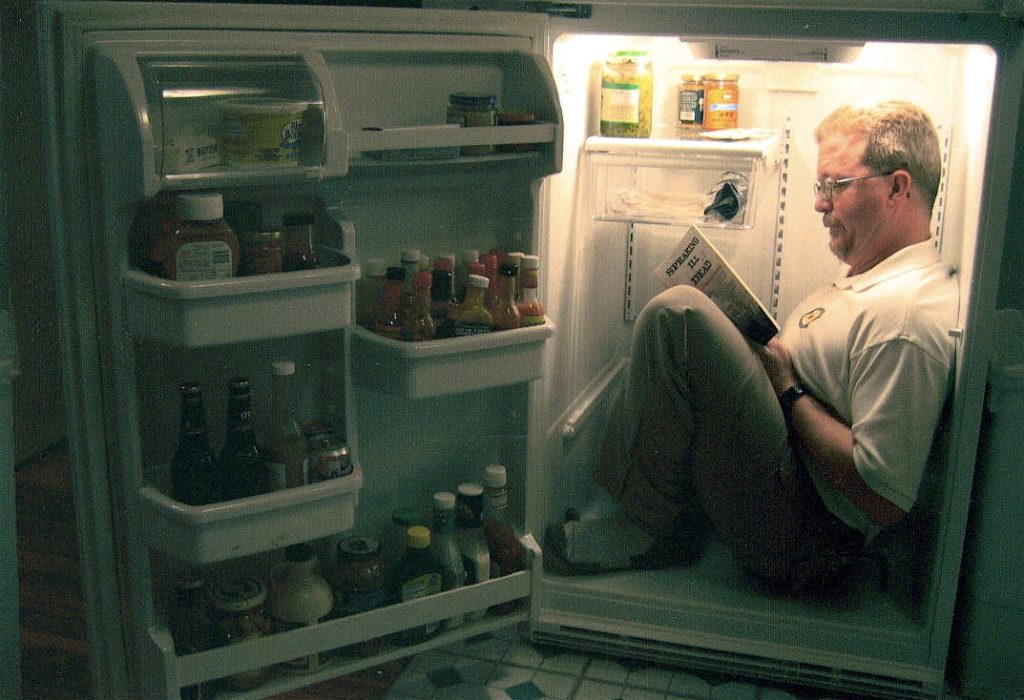 I’m sitting on the edge of the Grand Canyon, my feet hanging over the rim. I’m facing the setting sun and the light is painting the canyon walls. Somewhere far below, out of site, someone or some thing is blowing soap bubbles and I’m watching them drift slowly up and out of sight. Sometimes the bubbles are few and far between, other times a continuous stream, too many to count. But they never seem to stop completely.
I’m sitting on the edge of the Grand Canyon, my feet hanging over the rim. I’m facing the setting sun and the light is painting the canyon walls. Somewhere far below, out of site, someone or some thing is blowing soap bubbles and I’m watching them drift slowly up and out of sight. Sometimes the bubbles are few and far between, other times a continuous stream, too many to count. But they never seem to stop completely.
From a distance, they’re just empty soap bubbles but if I bring my attention to particular bubble, I see it is filled with people, places and things. A tiny world that I recognize. My world.
If I look closely enough and long enough, I’m drawn into the bubble. I’m no long sitting on the canyon rim but part of the story unfolding in the bubble. Unlike most of the bubbles I’ve observed, this one doesn’t pop or float away. The canyon and the other bubbles no longer exist or, perhaps, I am just unaware of them.
Eventually, this bubble bumps into another bubble and the two merge, as bubbles often do. Sometimes these new bubbles are filled with a future world, sometimes the past. The worlds can be wonderful or awful but they’re always completely “real.”
I can spend hours moving from bubble to bubble, having completely forgotten about the view from the canyon rim. Every bubble is small and fragile and can be popped with the slightest touch but, from within, it’s difficult to remember this. Or the Me sitting on the canyon rim.
Ah! There I am. I’m back, watching the bubbles. How long, I wonder, was I trapped inside these shiny little things, drifting up and out of the canyon? How much of the spectacular sunset did I miss?



